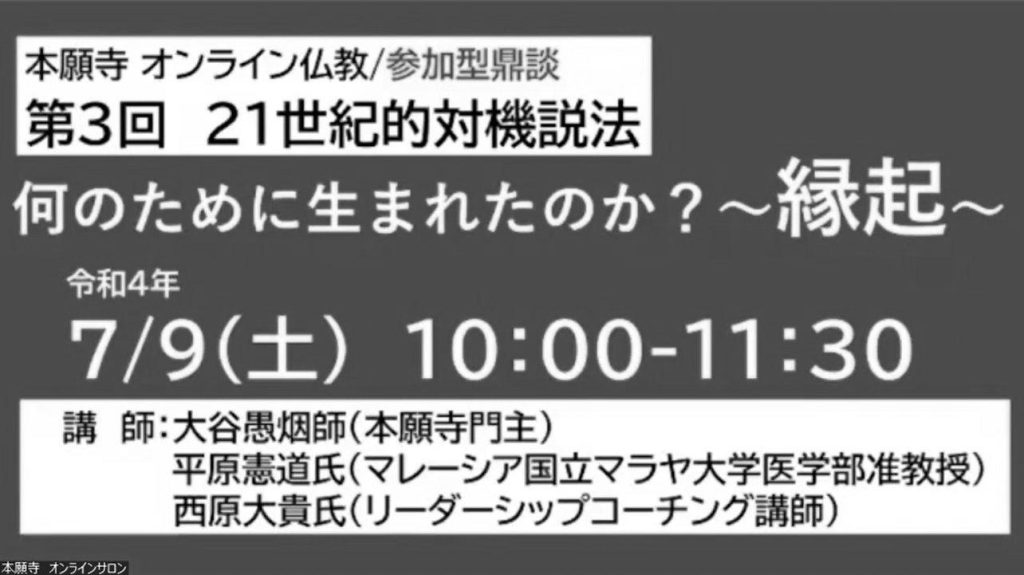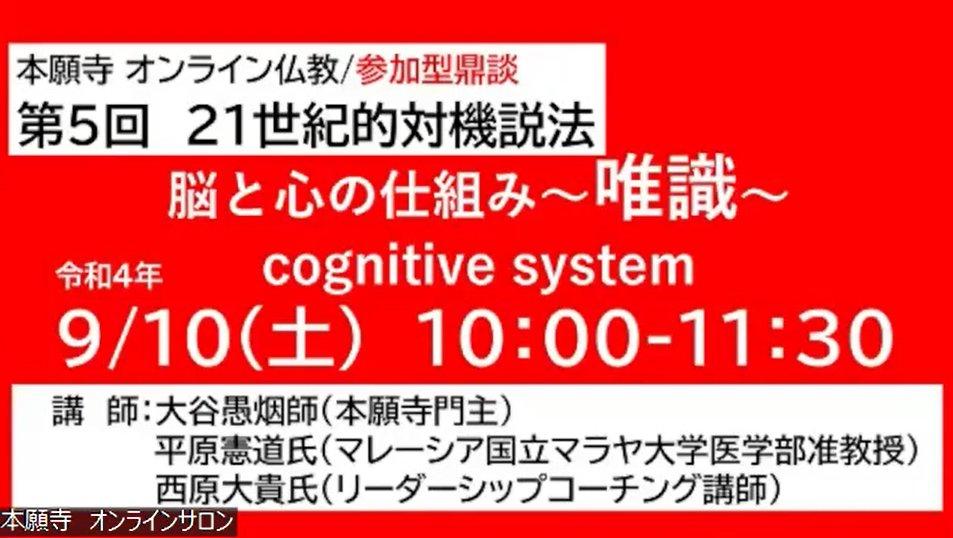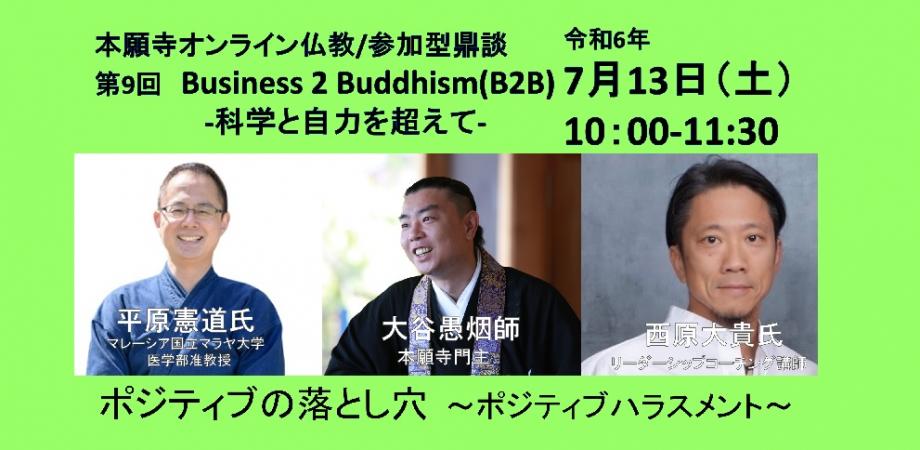とても良いリーダーシップに関するインタビューです。さすがはNew York Times。いつも通り、JavaScriptをこのページでオフにすれば、サンプルとして普通に読めますよ。
非常に動きが早く、大金も動くアメリカの大学スポーツ界において、10年間、同じコーチがチームを率いることはまずありません。10年持てば、すでにレジェンドと呼べるでしょう。それなのに、このおばあちゃんは、40年間それを繰り返し、スタンフォード大の強豪バスケットボールを率いています。めちゃくちゃかっこいい!
彼女のアドバイスは、リーダーシップを考える際にこれ以上になく的確で胸に刺さりますね。
Have a vision for your players, and give them the tools. Maximize people’s strengths and minimize their weaknesses. Don’t be the center of attention. Don’t micromanage, and seek input. Outwork the players on your team. Take care of yourself — eat and sleep right, and exercise — so you can take care of one another. If you can’t swim, you can’t rescue the other swimmer, and you’ll both go down.
本当にその通りで、自分がコーチを行うエリアで抜きん出ていないのに、周りはついてきません。そして、滅私奉公は、滅びへの一等賞のさらに近道と言えるでしょう。
I am also not afraid to take risks and experiment. We ran one kind of offense for at least 12 years very successfully. When our team personnel changed, I studied the “Princeton offense” and thought it fit our team better. We won the N.C.A.A. in 2021 running that offense.12年間続けていた戦術も、もっと良い方法がわかると知れば即座に研究し、実験の上で完全に上書きする。成功しているリーダーほど、実行は難しいですよね。これができるのは素晴らしいと思います。
She took me where I couldn’t get to by myself. That’s what a great coach does.も、本当にその通りですね。40代の半ばからいきなりピアノを習い始め、先生につくことで、コーチとしての自分だけでなく、脆弱性を抱えた生徒の立場にもなっている。だからこそ、生徒に教えるときに上から目線で指示することはしない。
こうした方法でしか人間は学習できませんから。自分は確かに先生なんですけど、先生というアイデンティティを、リーダーがその一番てっぺんに持ってきたら、もう終わりです。成長しない。
全ての行で素晴らしいことを言っているので是非お読みください。
自分よりずっと若い一流の選手たちとどうやってうまくやっていくかという質問には、Be yourself, but do not fight change. Young people are the only ones who have grown up with technology — they live on their phones — and with a pandemic. Understand where they’re coming from.と答える。
やはり、仰ぎ見るべきコーチです。
A very good leadership interview, as expected from the New York Times. As usual, if you turn JavaScript off on this page, you can read it normally as a sample.
In the very fast-moving, big-money world of American college sports, the same coach rarely leads a team for 10 years; if s/he lasts 10 years, you can already call her/him a legend. And yet, this woman has been doing it for 40 years and leading a powerhouse basketball team at Stanford University. It’s so darn cool!
Her advice couldn’t be more accurate and poignant when it comes to leadership.
“Have a vision for your players, and give them the tools. Maximize people’s strengths and minimize their weaknesses. Don’t micromanage, and seek input. Outwork the players on your team. Take care of yourself – eat and sleep right, and exercise – If you can’t swim, you can’t rescue the other swimmer, and you’ll both go down.”
It’s really true, if you are not outstanding in the area you coach, people will not follow you. And selflessness is an even shorter path to first prize to perdition.
“I am also not afraid to take risks and experiment. we ran one kind of offense for at least 12 years very successfully. when our team personnel changed, when our team personnel changed, I studied the “Princeton offense” and thought it fit our team better. We won the N.C.A.A. in 2021 running that offense.” Even tactics that have been in place for 12 years are immediately researched and completely overridden on the basis of experimentation when they learn of a better way. The more successful a leader is, the harder it is to execute. I think it’s great that you can do this.
“She took me where I couldn’t get to by myself… That’s what a great coach does…” is also so true… by suddenly taking piano lessons in her mid-40s and becoming a teacher, she is not only in the position as a coach, but also in the position of a vulnerable student. That is why she doesn’t give instructions from the top when teaching my students.
Because only in this way can people learn. I am indeed a teacher and coach, but if a leader brings his/her identity as a teacher to that very top, he/she is finished. Done. There is no growth.
Please read on because every line says something wonderful.
When asked how to get along with top-notch players who are much younger than her, she replied, “Be yourself, but do not fight change. Young people are the only ones who have grown up with technology — they live on their phones — and with a pandemic. Understand where they’re coming from.”
Damn, man. She is the one to look up.
(Photo by Markus Spiske on Unsplash)







